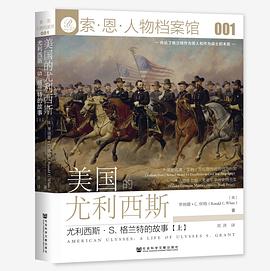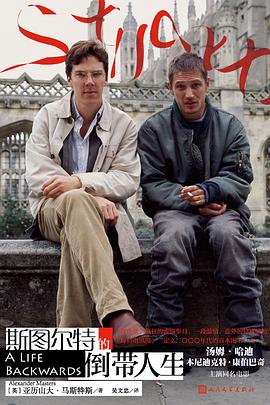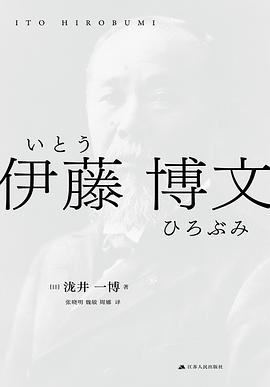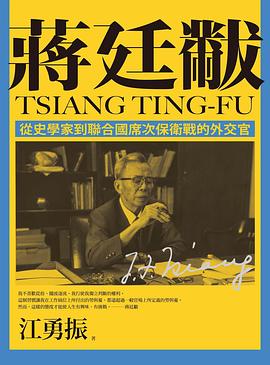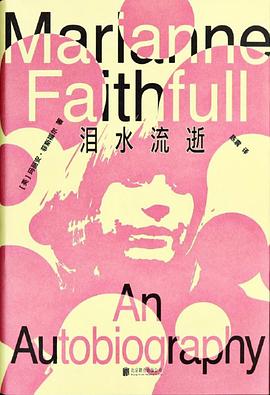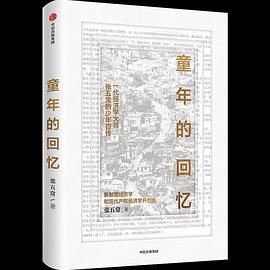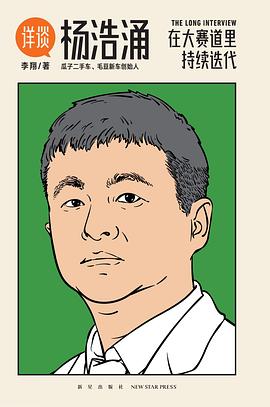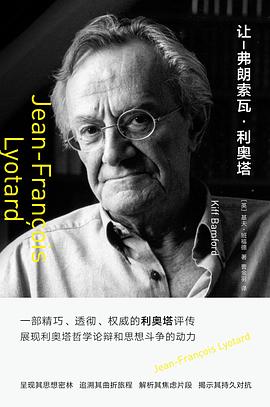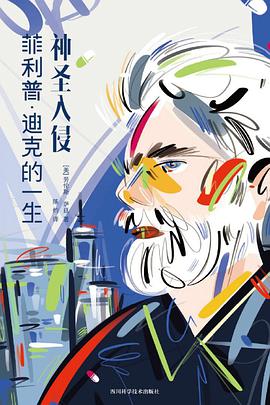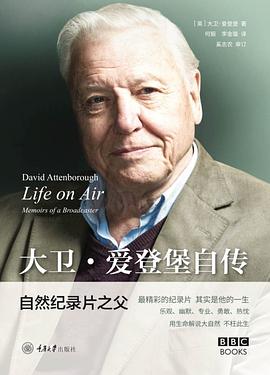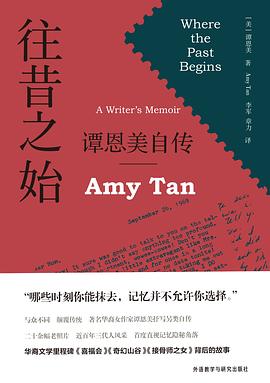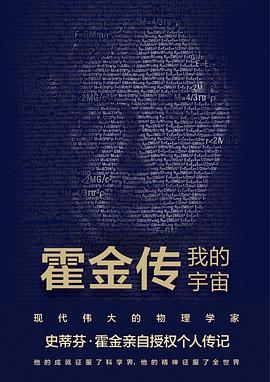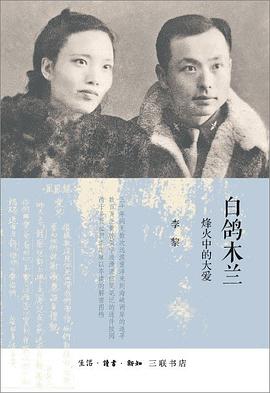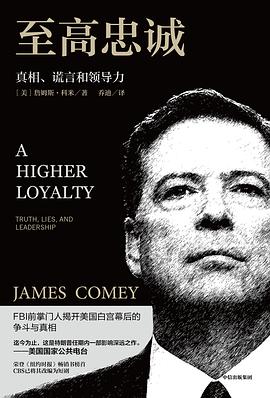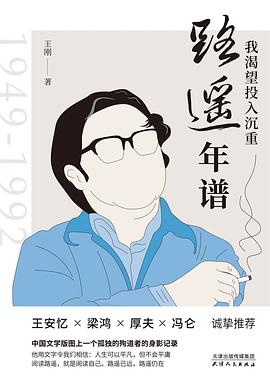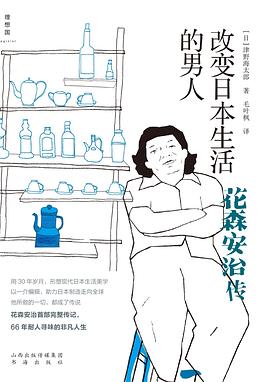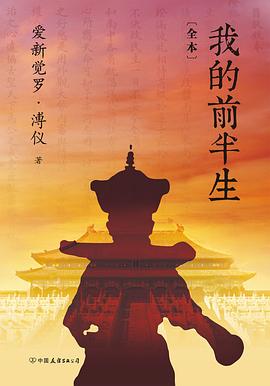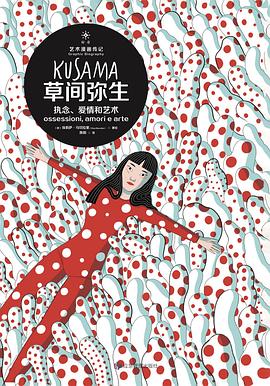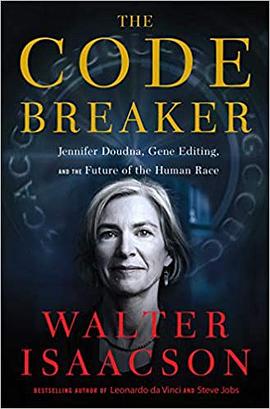

具体描述
Walter Isaacson, a professor of history at Tulane, has been CEO of the Aspen Institute, chair of CNN, and editor of Time. He is the author of Leonardo da Vinci; The Innovators; Steve Jobs; Einstein: His Life and Universe; Benjamin Franklin: An American Life; and Kissinger: A Biography, and the coauthor of The Wise Men: Six Friends and the World They Made. Visit him at Isaacson.Tulane.edu.
The bestselling author of Leonardo da Vinci and Steve Jobs returns with a gripping account of how Nobel Prize winner Jennifer Doudna and her colleagues launched a revolution that will allow us to cure diseases, fend off viruses, and have healthier babies.
When Jennifer Doudna was in sixth grade, she came home one day to find that her dad had left a paperback titled The Double Helix on her bed. She put it aside, thinking it was one of those detective tales she loved. When she read it on a rainy Saturday, she discovered she was right, in a way. As she sped through the pages, she became enthralled by the intense drama behind the competition to discover the code of life. Even though her high school counselor told her girls didn’t become scientists, she decided she would.
Driven by a passion to understand how nature works and to turn discoveries into inventions, she would help to make what the book’s author, James Watson, told her was the most important biological advance since his co-discovery of the structure of DNA. She and her collaborators turned a curiosity of nature into an invention that will transform the human race: an easy-to-use tool that can edit DNA. Known as CRISPR, it opened a brave new world of medical miracles and moral questions.
The development of CRISPR and the race to create vaccines for coronavirus will hasten our transition to the next great innovation revolution. The past half-century has been a digital age, based on the microchip, computer, and internet. Now we are entering a life-science revolution. Children who study digital coding will be joined by those who study genetic code.
Should we use our new evolution-hacking powers to make us less susceptible to viruses? What a wonderful boon that would be! And what about preventing depression? Hmmm…Should we allow parents, if they can afford it, to enhance the height or muscles or IQ of their kids?
After helping to discover CRISPR, Doudna became a leader in wrestling with these moral issues and, with her collaborator Emmanuelle Charpentier, won the Nobel Prize in 2020. Her story is a thrilling detective tale that involves the most profound wonders of nature, from the origins of life to the future of our species.
用户评价
##很难评价,还是不打分了。作者很明显是高质量传记作者,他的能力已经在乔布斯传当中充分展现了,在这本书当中更是展露无疑。science部分不难理解,但是这个作者显然是使用语言的天才。他是Doudna的传记作者,自然是非常天生地需要站在她的那一边。他采用的并非第三方的视角,去“客观”地记录CRISPR的历史。很多事件的发生过程,作者明明有相当大的篇幅可以详细地描述,反而实际上闪烁其词,直接跳到事件发生的那个时刻。但是倒有足够的空间来全文引述一篇新年的email。那一段文字显然效果很好,讽刺效果max,真是骂人于无形。 who tells the story还挺重要的,Lander在cell上的文章是这个目的,这本书同样是这个目的。心潮澎湃大可不必,不过的确是一个励志故事。 作者以2020年诺贝尔化学奖得主Jennifer Doudna为主线,讲解了基因编辑技术的发展过程,以及对当下和未来的影响,并将众多研究者饱满地呈现出来。科学知识与人物故事交织在一起,非常精彩的一本书。 作者从19世纪的达尔文和孟德尔,讲到DNA结构被发现,再到人类基因组计划。众多...
评分 评分##挺好看的,实效性很强,跟covid联系很紧密。最喜欢看这种众人拾柴火焰高,每个人的研究都为某个成功的发现奠定基石的故事。所以其实叫code breakers确实更合适,很喜欢Doudna和Charpentier这种微妙的情感,既是合作者又有点小竞争的感觉。中间有段讲gene editing的好处和坏处觉得有点离题,好在后面又拉回来了
评分想找本一两年内的最新科普书来刷新一下自己,但没找到合适的。倒是看到这本传记口碑不错,觉得书里写的既然是生物科技前沿人物,那多多少少也该有些科普内容吧。 作为人物传记,这本书还是很不错的,没有按年代写流水账,即便是主角Doudna的经历,也是详略得当、重点突出,节奏...
相关图书
本站所有内容均为互联网搜索引擎提供的公开搜索信息,本站不存储任何数据与内容,任何内容与数据均与本站无关,如有需要请联系相关搜索引擎包括但不限于百度,google,bing,sogou 等
© 2025 book.cndgn.com All Rights Reserved. 新城书站 版权所有

